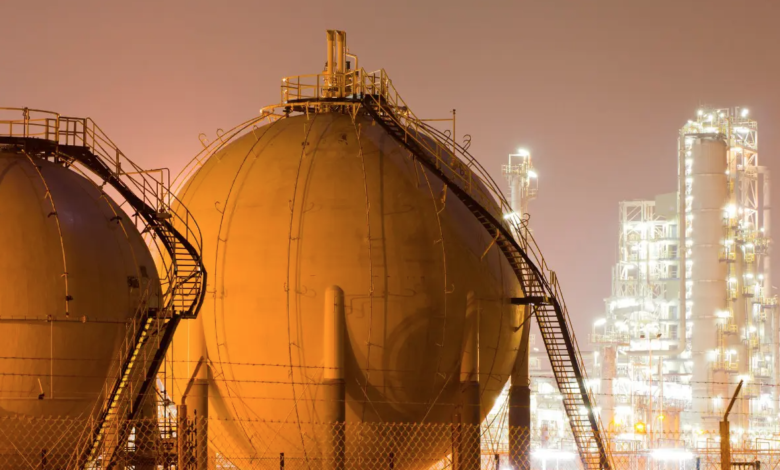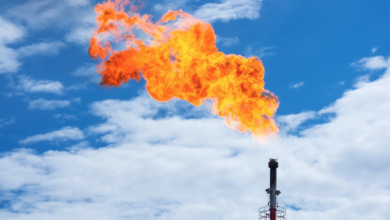Qatar wants to extract more fossil gas: it will consume 13% of the carbon budget that remains
The plans of widening the North Field will increase the output of fossil gas by 43%
(sustainabilityenvironment.com) – Four years ago, Qatar announced its departure of OPEC and the intention to expand the exploitation of its immense offshore gas fields. Since then, plans to boost North Field output have multiplied. But if the emirate extracts all the fossil gas from its reserves, it will set off one of the worst ‘carbon bombs’ for the climate. And it will erase more than 13% of the carbon budget that we have left so as not to exceed the 1.5 degree threshold.
Only the total exploitation of the North Field, in fact, would cause an increase in greenhouse gas emissions of 50 Gt CO2e. A huge amount far exceeds the annual emissions of the entire planet. And a good slice of the carbon budget for the more ambitious goal of the Paris agreement recalculated recently in 380 Gt CO2e.
Read also Fossil fuels finance, mind blowing figures, 4.600 billion from 2016 to today
That’s not all. While Qatar hosts the World Cup and the controversy over how the rights of workers who built the facilities have been trampled underfoot, little attention has been paid to the global consequences of Doha’s fossil gas policies. This huge amount of greenhouse gases, in fact, can cause 20 trillion dollars of climate damage and cause 11 million deaths.
“Qatar’s current extraction of fossil fuels already has a huge cost. The damage forecast for 2021 alone is estimated at nearly $200 billion, roughly the same as the country’s total spending over the past decade on World Cup preparations,” reports BankTrack, which calculated the impact of Qatar fossil gas extraction.
North Field alone contains 14% of the world’s fossil gas reserves and is the world’s largest gas field. Managed with Iran, in whose waters it extends northward, at the moment it is affected by two expansion projects in the Qatar part: North Field South and North Field East. Enlargement would increase domestic production by 43% to 110 Mtpa (million tonnes per year). Output stopped more or less from a decade to 77 Mtpa, after the rapid growth of the first 20 years of life during which the emirate became the largest exporter of gas in the world. The title will be defended easily if all expansion plans see the light.






